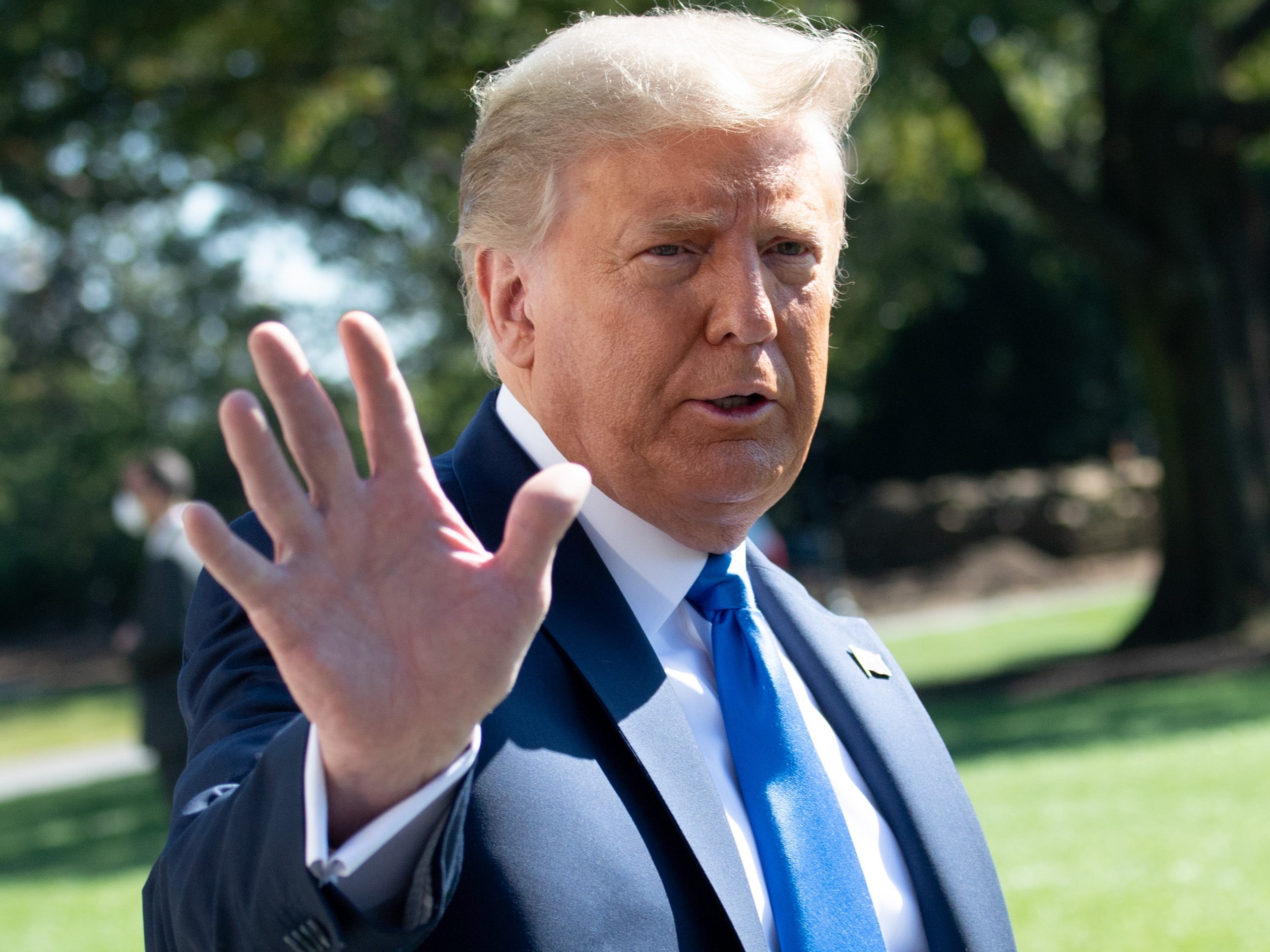How ‘lame duck’ Trump can still frustrate Biden’s ascent to power
History shows that outgoing presidents have a habit of making extensive use of their executive power of pardon, writes Sean O'Grady. What else does Trump have up his sleeve?

As the abrupt “termination” by Donald Trump of his defence secretary shows, the term “lame duck president” can be a misnomer. It is commonly used to describe a president at the end of their term of office, serving out the remainder of their time after their successor has been elected. It implies a lack of political and moral authority, given the circumstances, and the convention is that presidents on their way out don’t do anything too bold, and cooperate in a smooth transition to the next administration.
Constitutionally and legally, however, a president’s last day in office is the same as his first, in full possession of powers and prerogatives. Hence, the sacking of uncongenial members of the administration that seems to have commenced in the Trump White House, which can be reversed by a Biden administration. The same would go, with varying degrees of ease, for various other initiatives that President Trump might make in his remaining 70 or so days in office. Traditionally the president has far more room for manoeuvre in foreign and defence affairs than at home, so he might pursue further initiatives in the Middle East, for example, perhaps by extending the list of states recognising Israel.
Subscribe to Independent Premium to bookmark this article
Want to bookmark your favourite articles and stories to read or reference later? Start your Independent Premium subscription today.
Join our commenting forum
Join thought-provoking conversations, follow other Independent readers and see their replies